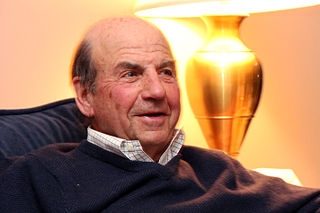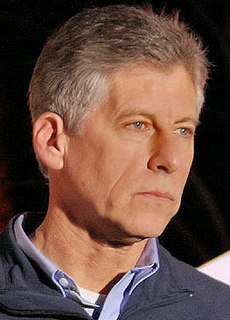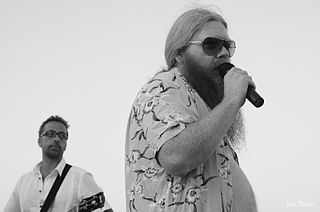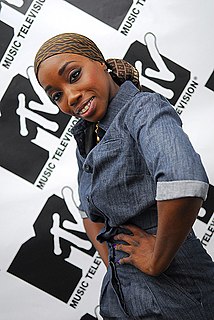A Quote by Calvin Trillin
You know, I used to say, when people say, 'How do you think about what to write about in the poems every week?' And I say, 'Well, I have to turn it in on Monday, so on Sunday nights I turn the shower to iambic pentameter and it sort of works out that way.'
Related Quotes
Everything is super personal. Basically all of the songs are 'this is my life and what I feel about it.' That's how my brain works and thinks about things. It's really strange because I never really think about what I want to write about - it sort of just comes out. I literally say whatever is in my brain.
... I just feel impotent - I don't know which way to start or turn. You know what they say about a prophet in one's own country - well - in a way it works for me too: you see - this might be called my home town - well of all the old friends and acquaintances not one takes me seriously as a photographer - not one has asked me to show my work... (On returning to San Francisco)
I think that were I in the middle of an obsession to write about, say, sudden oak death in California or my grandchildren or time and memory and how they look when you get to be in your sixties, and I thought, "Well, yes but people are dying every day in Baghdad," I wouldn't feel guilty about not writing about Baghdad if I didn't have any good ideas about how to write about it.
In your language you have a form of poetry called the sonnet…There are fourteen lines, I believe, all in iambic pentameter. That’s a very strict rhythm or meter…And each line has to end with a rigid pattern. And if the poet does not do it exactly this way, it is not a sonnet…But within this strict form the poet has complete freedom to say whatever he wants…You’re given the form, but you have to write the sonnet yourself. What you say is completely up to you.
I write a lot on airplanes actually because it's completely isolating; there's no one to talk to, there's nothing to do. And then I think a lot of it sort of comes out sitting down with the people I'm co-writing with and talking to them about what I'm going through and what I want to say. It just sort of happens; every song came about in a completely different yet organic way.
When I started out as an actor, I thought, Here's what I have to say; how shall I say it? I began to understand that what I do in the scene is not as important as what happens between me and the other person. And listening is what lets it happen. It's almost always the other person who causes you to say what you say next. You don't have to figure out how you'll say it. You have to listen so simply, so innocently, that the other person brings about a change in you that makes you say it and informs the way you say it.
A successful poem says what a poet wants to say, and more, with particular finality. The remarks he makes about his poems are incidental when the poem is good, or embarrassing or absurd when it is bad and he is not permitted to say how the good poem is good, and may never know how the bad poem is bad. It is better to write about other people's poetry.
I can sit in my room and write a song that I think might be a hit. I can sort of make myself do that, and then I'll play it to a friend, and they'll say, 'Oh, that's nice.' But when something happens to me, and I sit down and write a song to get rid of my emotions, they'll turn around and say, 'Wow, that's great.'
Some people say, 'Well you're a man; how do you write about women or girls when you don't know about them?' Well, I've got my imagination, and I can write about women. Yes, I'll never be pregnant and give birth to children, but I can imagine a bit of what it's like. When you create characters, it's just about making them really real to people.







































